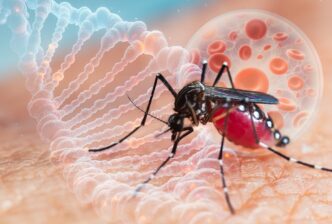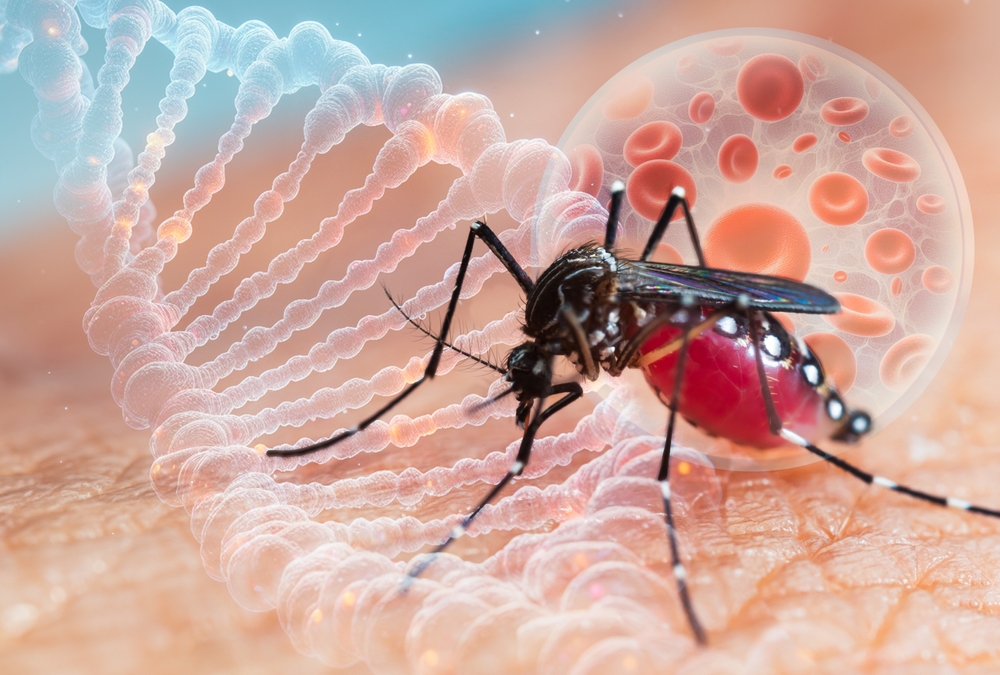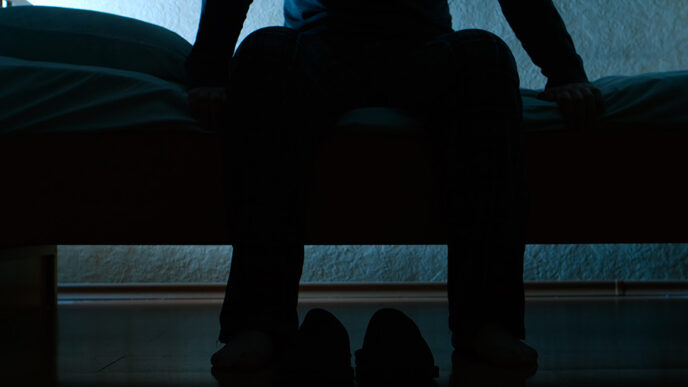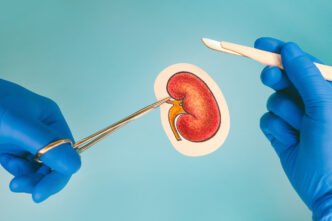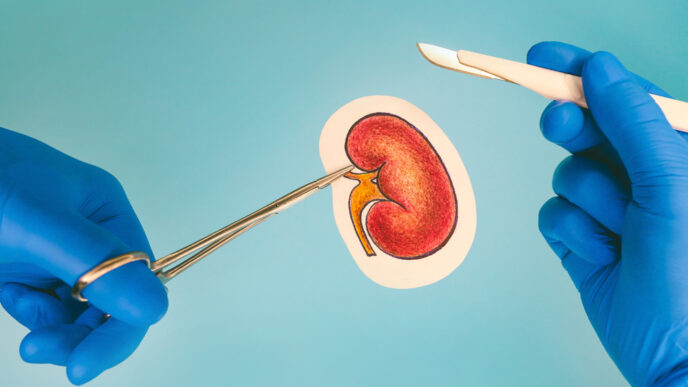In conjunction with World Health Day, consultant paediatrician Dr Hon Mun Cheng and dengue patient Hawiah Azit share insights into dengue and its severe impact on women—an often-underestimated issue that have far-lasting impact on the entire family.
WORDS LIM TECK CHOON
“I kept bleeding. When I drank water, I could see blood in the bottle and taste it in my saliva,” recalls Hawiah vividly on her encounter with severe dengue.
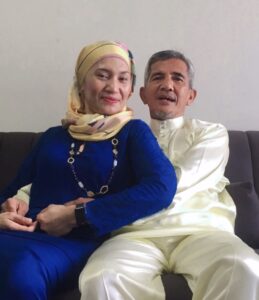
For Hawiah Azit, a 45-year-old mother, her battle with severe dengue when she was 22 was one of the most traumatic experiences of her life.
“It started with just a fever then severe headaches for a few days. My parents took me to a GP’s clinic near my house. I was only prescribed paracetamol, without any further tests, and went home,” she recalls.
At that time, she knew little about dengue, so she just took her medications, drank lots of water, and hoped it would pass.
Despite feeling very sick, she travelled to her hometown for a wedding. There, her condition worsened and she was rushed to a nearby hospital.
There, she was diagnosed with dengue.
A HARROWING EXPERIENCE
“By then, I was bleeding from my nose and gums, and I collapsed in the bathroom. When they transferred me to Hospital Raja Permaisuri Bainun in Ipoh, I couldn’t even climb onto the bed by myself!” she shares.
“My blood platelet levels kept dropping. I had a terrible headache and was shivering so badly I thought I was going to die,” Hawiah adds.
The days that followed were agonizing. “I kept bleeding. When I drank water, I could see blood in the bottle and taste it in my saliva. After two weeks, I was exhausted physically and emotionally,” she shares.
Even after discharge, it was a long time before she regained her strength and appetite.
“I used to play volleyball and work out on weekends but having severe dengue changed all that. I could barely eat, and I felt drained for weeks!”
PRESENT REFLECTIONS
“Now, as a mother and wife, I am constantly worried for my family. I have a 15-year-old daughter, and my husband is a high-risk individual with comorbid conditions, and he has already suffered dengue twice,” says Hawiah.
She goes on to share with us: “When I was younger, I didn’t know any better, but now I do. I’ve realized how important it is for a primary caregiver to be empowered with knowledge. My experience has also made me vigilant about dengue prevention—so when I learned about vaccination, I got my family vaccinated.”
THE PROBLEM WITH DENGUE
- Dengue fever remains a major public health concern in Malaysia, with thousands of cases reported annually.
- In 2024 alone, there were 122,423 cases and 117 deaths, continuing the upward trend in fatalities since 2021.
- Our country’s tropical climate and rapid urbanization create ideal breeding conditions for mosquitoes, contributing to dengue’s persistence and placing individuals at constant risk of infection.
While dengue affects both men and women, emerging insights reveal that women may bear a disproportionate burden of the disease—not just physically, but also socially and economically.
WOMEN MORE AT RISK OF DENGUE COMPLICATIONS
 FEATURED EXPERT FEATURED EXPERTDR HON MUN CHENG Consultant Paediatrician Baby and Beyond Publika |
Dengue may not discriminate, but its effects on women can be particularly severe due to physiological, social, and economic factors.
“Women are more likely to develop severe dengue and dengue haemorrhagic fever due to physiological factors,” says Dr Hon Mun Cheng.
- A woman’s immune system tends to mount a stronger response to the virus, leading to higher viral loads and increased inflammation.
- Additionally, women have lower blood volume, which makes them more susceptible to hypovolemic shock, a dangerous complication of severe dengue.
- As women’s blood vessels naturally allow more fluid to pass through their walls, they are more prone to bruising and internal bleeding. This is especially concerning for women who contract severe dengue while menstruating, as they are at risk of excessive bleeding, alongside other symptoms such as abdominal pain, persistent vomiting, mucosal bleeding such as gum and nose bleeds, and plasma leakage.
These factors significantly increase the risk of severe complications, especially in women with low platelet counts or anaemia.
Pregnancy
Dr Hon explains that pregnant women face an even greater risk from dengue infection.
Dengue during pregnancy can lead to:
- Low birth weight of baby
- Premature birth
- Stillbirth
- Increased risk of mom’s death during delivery
Additionally, the virus can be transmitted to the baby in the womb, potentially causing severe dengue with haemorrhagic symptoms in the baby.
Social and Emotional Toll
- As primary caregivers in many households, women are responsible for looking after children, elderly parents, and sick family members.
- However, when they themselves fall ill, they may have limited support or feel compelled to downplay their symptoms to continue their caregiving responsibilities.
“Delaying care can come at a high personal cost as dengue progresses rapidly, and without timely intervention, complications can become life-threatening,” says Dr Hon.
The situation can become even more challenging if access to healthcare services is limited by financial constraints, lack of childcare options and other socioeconomic factors.
- Women from lower income groups may lack the means to seek treatment while those in informal employment may face financial difficulties if they are unable to work.
- This may cause women to delay medical attention, choosing instead to prioritize their families over their own health.
These interconnected factors create a cycle where women are more vulnerable to severe dengue outcomes simply because they struggle to prioritize their health.
EMPOWERING WOMEN TO PROTECT THEMSELVES AND THEIR FAMILIES
“Women need to be empowered with the right information so they can understand the risks and take action early,” Dr Hon says
She urges women with symptoms of dengue such as persistent fever, severe body aches, bleeding symptoms, and prolonged fatigue to seek medical attention immediately.
Community-driven efforts remain essential, such as keeping neighbourhoods clean and eliminating mosquito breeding sites, alongside personal measures such as covering exposed skin and the use of repellents to prevent mosquito bites.
In addition to these measures, Dr Hon also recommends that patients speak to their doctors about vaccination, incorporating this measure as part of an integrated approach to prevention.
| This article is part of our series on dengue and its various prevention and treatment options. |

